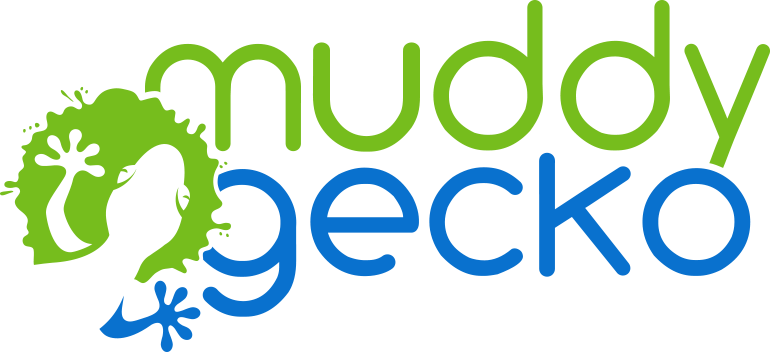As a lifelong writer and fan of the written word, I have a particularly sensitive “phrase radar.” I’m very skeptical of overlords and unscrupulous marketers trying to put one by us, especially euphemisms like “passed away,” “collateral damage,” “downsizing” and “correctional facility.”
I also pay attention to job titles, especially those in my wheelhouse, content marketing.
Several years ago, in the Bay Area, I began hearing the term “Content Strategist” and it set off my tripwires. This term may have been around since the 1990’s but I began seeing it more in job descriptions and clever website bios on the “Team” page.
A Content Strategist is simply someone who plans, develops and manages the written word across multiple media channels. Oh, like what a writer does.
It’s like you taking your car (with the engine knock) to see an “automotive strategist.” Actually, no, I want a mechanic, one knows his or her way around my make and model, and has the training and garage experience to get me back on the road with a fix I can afford.
I guess you can charge more for someone called a “strategist,” and with that upgrade in pay grade and status, it’s easier to impress your parents with what you do for a living.
What bothered me the most is that many of these Content Strategists I encountered had neither writing nor strategy backgrounds. Overly enthralled with UI and technology, they couldn’t write their way out of a North Beach alley. Not only were the brands and agencies over-paying for a basic writer, they were getting a double-dud device with no explosive qualities.
When I say strategy, I mean a high-level, transformative, Order of Magnitude maneuver that knocks the reader off balance.
A word geek like me knows that strategy means “the art of a general.” Strategy means you understand the brand, the brand message, your audience and audience personas, and how to structure your writing to make those bold moves.
And when I say content, I mean someone who is an animal about deploying le mot tuste, (the exact word), and extrapolates that precision to the clause, the sentence, the paragraph and overall structure of a piece. Once you determine your writing strategy, the writing is entirely tactical. No horse or high ground for you. You’re a foot soldier, slogging through the muck, on Muddy Gecko ground.
Content proficiency, like strategy, must be earned in engagements.
My verbal proficiency arose from the experience of hundreds of writing projects: email subject lines, website copy, brochure copy, presentation decks, lead gen. scripts, video scripts, blogs, press releases and white papers and the ghostwriting of 15 books.
I once wrote 40 press releases for a public semiconductor company in a seven-month sprint. Once or twice each week, I would turn an engineer’s afternoon product notes into a story by early evening for the CEO and the firm’s outside counsel to approve. And the next morning it would be up on Business Wire.
I also have the learnings from the entertainment client who told me my first draft “couldn’t be more wrong,” and from clients who shredded my sentences and summarily red-lined my fourth revision, an hour from the deadline.
I think the preferable term here is a “full-stack writer,” one who understands the power of SEO, funnel conversion tactics and marketing automation programs. A full stack-writer knows exactly where in the conversion funnel to insert the appropriate content, and how to drive (or lure) engagement.
The kind of writer you need is less content strategist and more fly fisherman, plastic surgeon or big wave surfer, and of course, a whip-smart mechanic who specializes in 1966 Karmann Ghia’s.

Jon is a highly-focused generalist. From the circus to circuits, he’s written for everything from Ringling Brothers to RF Micro Devices. As a marketing executive, he’s worked in nanotech, regenerative medicine, ad tech. Jon started out as a bank teller with an English Major. What a chameleon!





